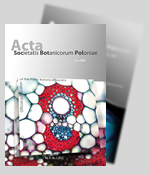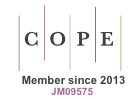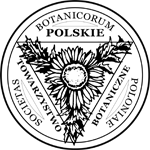Abstract
The isolation and culture of suspension-derived protoplasts from two sugar beet (Beta vulgaris L.) genotypes are described. Immobilization of protoplasts in agarose resulted in high frequency divisions and microcallus regeneration, with plating efficiency (PE) being clearly genotype-dependent. In further studies towards asymmetric fusion experiments, the effect of different doses of ultraviolet radiation (UV) and iodoacetic acid (IA) on protoplast physiology was assessed. Viability of both treated (UV, IA) and untreated protoplasts (control) was determined by FDA staining, and the biological effect was evaluated by testing the ability of protoplasts to divide and to form calli. The results are discussed in terms of the applicability of the methods for the production of asymmetric protoplasts suitable for somatic hybridization within the genus Beta.
Keywords
Beta vulgaris L.; suspension cultures; protoplasts; asymmetric protoplasts







